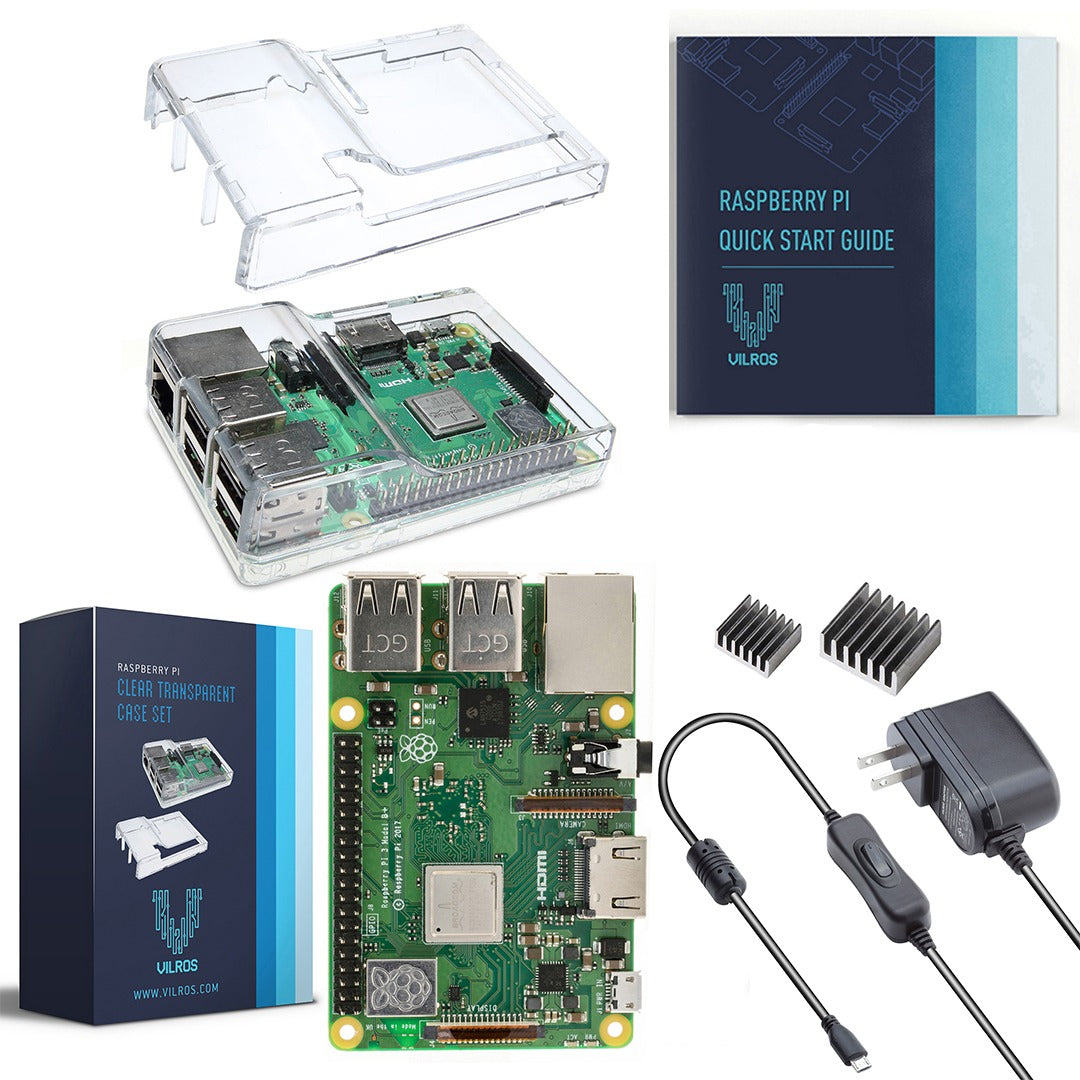
How The Chip Shortage Is Impacting The Production Raspberry Pi 4
How The Chip Shortage Is Impacting The Production Raspberry Pi 4
The chip shortage is one of the critical situations that impact the production of Raspberry Pi 4. It is more valuable than the Raspberry Pi is on the list of hard to come by electronics. There is a time when there is an increasing demand for a raspberry chip for different models and especially for Raspberry Pi 4. The Raspberry Pi 4 supply problem brings another issue in the semiconductor supply chain. It is the late demand from last year that there is a shortage of semiconductor supply. Moreover, the chip shortage hit the automotive market as there is an increasing demand for the latest technologies. It is a fact that the covid-19 has a significant impact on causing the shortage.
It is the bad news for raspberry buyers, including the pi 4 and other models, that there is a bad situation regarding the availability. Most of the chips are near the out of stock position. If you are a user of a small desktop computer, then the Raspberry Pi 4 is an essential choice. Therefore the Raspberry Pi foundation prioritised selling the commercial and industrial units. It helps the retail sales and individual consumers to get better options.
However, the Raspberry Pi 4 will remain in shortage due to its chip shortage. The chip shortage will directly impact the production of Raspberry Pi 4. The customers will find it challenging to get the cost-effective Raspberry Pi 4 unit if it is available in the retailers. Moreover, the CEO of Raspberry Pi 4, Eben Upton, also revealed the news of chip and supply problems in their blog. He wrote:
"As you will have noticed, it can be hard to buy a Raspberry Pi unit from stock at the moment,"

According to the statement of Upton, who is the owner of the Raspberry Pi foundation, they can manufacture half a million single boards and computer modules each month. It is a fact that manufacturing units will not be able to boost production due to supply constraints. It leads to a severe chip shortage that will impact the production of Raspberry Pi 4. At the same time, the market demand for Raspberry Pi 4 increases day by day, especially in 2021. In that regard, Upton said:
"We now have significant order backlogs for almost all products,"
"In turn, our many retailers have their backlogs, which they fulfil when they receive stock from us.
"These backlogs absorb Raspberry Pi units as fast as (or faster than!) we can produce them, with the result that little of our production volume ends up being immediately available on reseller websites,"
He added,
"Where units do appear, bots often attempt to scalp stock which is then resold at higher prices elsewhere."
The situation is complex, and the Raspberry Pi 4 Foundation needs to make tough decisions to achieve its consumers' demands. Every consumer wants to get their Raspberry Pi unit first, and it is a challenging phase. Therefore Upton said:
"Right now, we feel the right thing to do is to prioritize commercial and industrial customers —the people who need Raspberry Pis to run their businesses—we're acutely aware that people's livelihoods are at stake,"
He added that:
"There is currently enough supply to meet the needs of those customers," "Unfortunately, this comes at the cost of constrained supply for individual customers, who might be looking to buy a small number for home projects or prototyping."
If we talk about the impact of chip shortage on its price, then single-board Raspberry Pi 4 is around $10, and the annual supply of the single board devices is approximately seven million devices. It is also one of the significant reasons for chip shortage in the market and impacting the production of Raspberry Pi 4. However, everything has a considerable impact ranging from cars to smartphones, due to the constraints of semiconductor supply. Similarly, the Raspberry Pi 4 chip is also short. The major stock issue is for the Raspberry Pi Zero and Raspberry Pi 4 models, as their semiconductors have a shortage. Moreover, the increase in project prices of particular models also caused significant impacts.
As we already said, the prices of Raspberry Pi 4 have a significant impact, especially on its production. There is a $10 increase in the previous retail prices. It is the first time the project faces a hike due to its costs. The company Ceo Upton announced the prices and said:
The 4GB Raspberry Pi 4 and 8GB Raspberry Pi 4 versions will remain at $55 and $75. For those relying on a supply of $35 2GB boards, the project will bring back those 1GB Raspberry Pi 4 modules, priced at $35.
There is an excellent choice between the 2GB and 1 GB Raspberry Pi 4 choices. According to Upton:
"This provides a degree of choice: less memory at the same price; or the same memory at a higher price,".
He continued and said:
"As many of you know," he continued, "global supply chains are in a state of flux as we (hopefully) emerge from the shadow of the COVID-19 pandemic. In our industry, semiconductors are in high demand and short supply: the upsurge of demand for electronic products for home working and entertainment during the pandemic has descended into panic buying as companies try to secure the components they need to build their products ... At Raspberry Pi, we are not immune to this."
The initial project has seven million of its boards in whole years, and the product maintains its level even during the pandemic. The demand for Raspberry Pi 4 has increased from last year, and it has caused a chip shortage. It will impact the annual production of raspberries. Keep in mind that the 40 mm chip is one of the most complex chips in the following years, which means that the supply of old devices is less than the current generation of Raspberry Pi 4.
In the end, Upton concluded the facts that how chip shortage impacts the production of Raspberry Pi 4 by saying:
"These changes in pricing are not here to stay. As global supply chain issues moderate, we'll keep revisiting this issue, and we want to get pricing back to where it was as fast as we can,"





